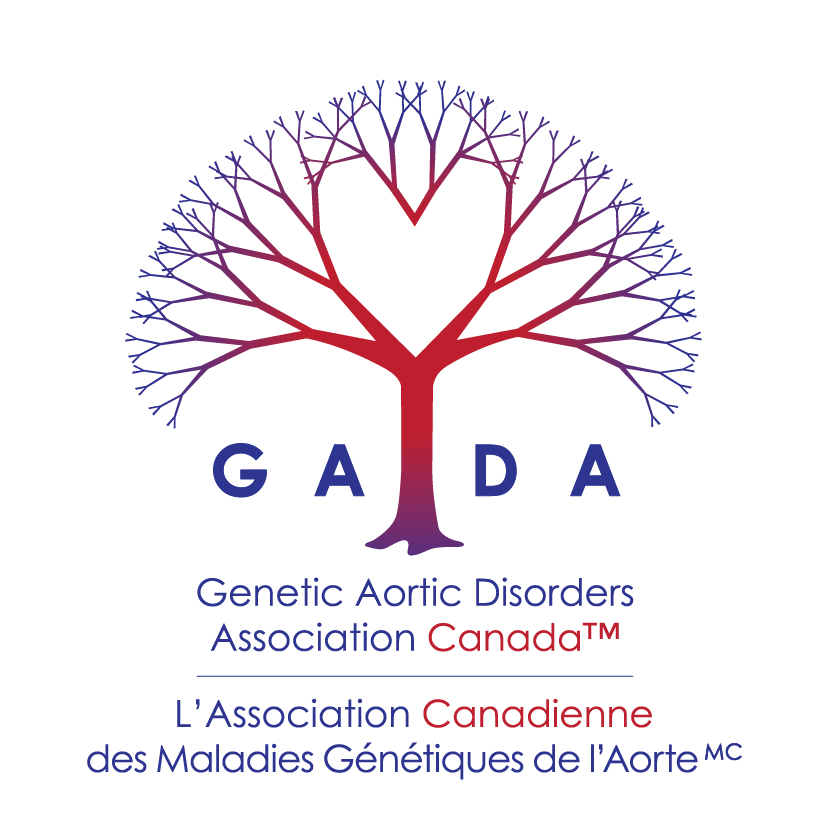COVID-19 & GAD
RESOURCES
GADA is closely monitoring the novel Coronavirus, COVID-19, pandemic crisis and remain committed to supporting the health and wellbeing of our community. We will continue to be available to provide support. Do not hesitate to contact us (info@gadacanada.ca or Call: : (905) 826-3223 / Toll: 1 (866) 722-1722) if you have any questions or concerns about your condition.
We urge you and your loved ones to take the necessary measures to protect yourselves and others through these uncertain times. Let’s remain informed, stay home and stay safe, and together we will fight the spread of COVID-19.
Some general crucial actions to keep our communities safe & healthy:
Practice physical distancing & avoid close contact with people who are sick
Wash your hands with soap and stay home, especially if you are experiencing symptoms, to avoid spreading the illness.
Focus on adequate sleep, good nutrition, regular exercise and minimizing stress to support physical & mental well-being
To discuss your symptoms or if you think you need testing, call your health care provider or your local public health authority
If you need immediate medical attention, having difficulty breathing or experiencing other severe symptoms call 911 or go to the nearest emergency
The Marfan Foundation published a statement with suggestions from their Professional Advisory Board (PAB) and hosted informative webinars to address questions and concerns regarding COVID-19 for people with genetic aortic disease (GAD).
As always, we encourage patients who have specific concerns about their health, including specific chronic considerations related to a genetic aortic condition that might increase the risks associated with COVID-19, should discuss with their primary physician or the emergency physician at the hospital.
Individuals with genetic aortic conditions at high-risk of developing severe COVID-19 complications should employ the highest protective strategies to prevent infection. This group include:
Significant lung disease
Restrictive lung disease
Emphysema
Significant asthma (requiring chronic medications or hospitalization)
Chronic obstructive pulmonary disease (COPD)
Respiratory Insufficiency
Recurrent pneumothoraces
Cardiovascular diagnosis
Significant valve regurgitation (causing symptoms or requiring medications)
Heart failure
Cardiac (ventricular) dysfunction (causing symptoms or requiring frequent monitoring or medications)
Long-term hypertension
Vascular connective tissue disorders with additional associated conditions such as
Chronic malnutrition
Inflammatory bowel disease requiring use of immunosuppressants
Other conditions requiring chronic use of steroids or other immunosuppressive drugs
Children & young adults with ACTA2 Arg179 alterations referred to as smooth muscle dysfunction syndrome
Lung hemorrhage, significant cough, shortness of breath, difficulty breathing
Pectus deformity & scoliosis that decreases lung capacity
Partial or complete lung collapse and pleural effusion (water on lungs) associated with persistent pneumothorax
Regarding medication recommendations, we would like to emphasize that those with genetic aortic conditions;
Should not take fluoroquinolones, a commonly prescribed class of antibiotics, for respiratory symptoms. The antibiotics in this class are: Avelox, Cipro, Factive, Levaquin, and Ofloxacin.
Should continue with blood pressure medications that have been prescribed by your primary physician/cardiologist
Should choose a cold medication designed for people who have high blood pressure. Avoid over-the-counter decongestants and multi-symptom cold remedies that contain decongestants, such as pseudoephedrine, ephedrine, phenylephrine, naphazoline and oxymetazoline that can increase blood pressure Read more in the Marfan Foundation statement
A recent study by Ismail El-Hamamsy, MD, PhD, et al., done in New York, showed a significant drop in the monthly surgical case volume of acute type A aortic dissection after COVID was first reported in New York city. The research cautions for a need to balance public health mandatory social distancing due to COVID-19 with the importance of seeking immediate medical treatment in the presence of sudden severe symptoms associated with aortic dissections (El-Hamamsy, I. et al., J Am Coll Cardiol. 2020 May 14;S0735-1097(20)35310-9).
It is critical for patients with aortic disease to be aware of severe symptoms and not hesitate to seek urgent medical attention during the pandemic. If visiting the hospital emergency department, it might be helpful to inform the doctors of a possible aortic event due to an underlying genetic condition.
Helpful resources:
COVID-19 symptoms: Take a self assessment
Managing Anxiety in a Pandemic: Article & Resources
Marfan Foundation Statement: GAD & COVID-19
Marfan Foundation Webinar: GAD & COVID-19
Marfan Foundation Webinar: GAD & COVID-19 Questions Answered
Pregnancy & caring for newborns: advice for mothers
Caring for a child with COVID-19 at home
Follow the Public Health Agency of Canada for updates on COVID-19 and available resources
References:
Marfan Foundation
Health Canada

